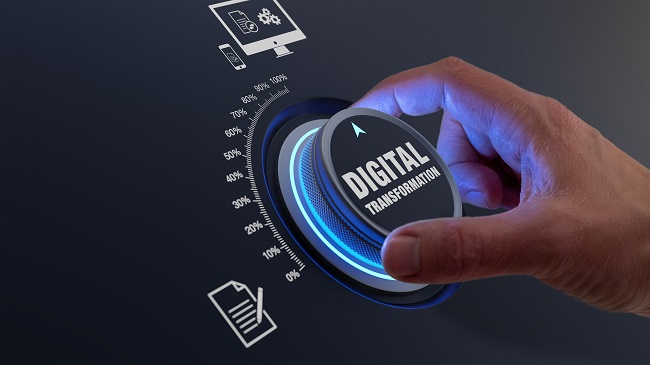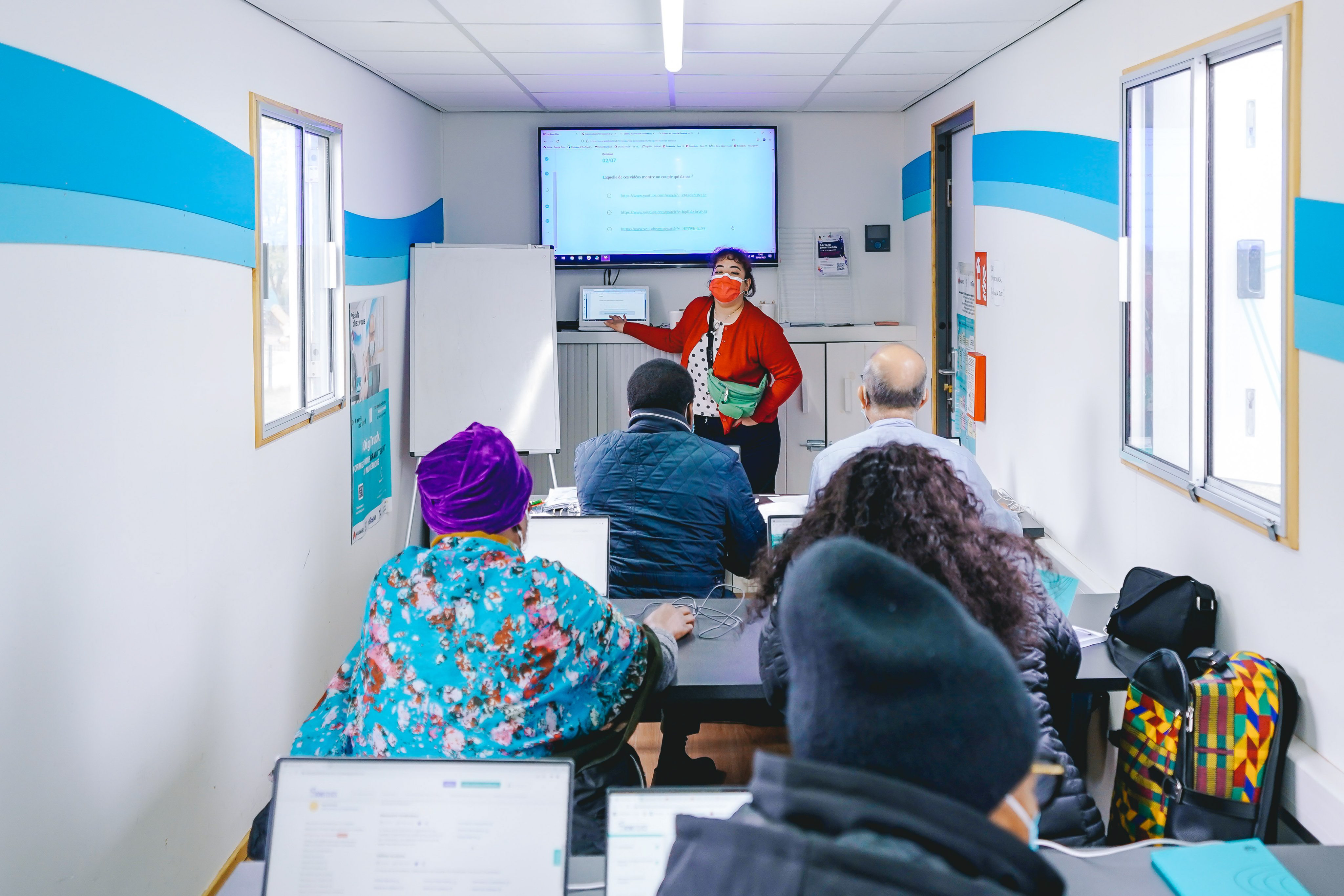Achieving the EU's Digital Decade Targets for 2030 Will Deliver a More Competitive European Economy
Importance of the digital economy for Europe
In 2022, the European Commission published a list of defined and clear targets to ensure that the European Union (EU) will become more competitive within the digital economy space. The implementation of these new EU Digital Decade 2030 targets is a recognition that digitalization will create new jobs, tackle key societal challenges, improve education and deliver a more innovative economy. The pace of change for society due to the process of digital transformation is both rapid and far-reaching.According to the GSMA, there will be 39 billion Internet of Things (IoT) connections in the world alone by 2030. The EU fully acknowledges that the digital economy is positively changing traditional business sectors such as the manufacturing, health, transport, agriculture, industry, smart city, and energy sectors. The European Union is in a strong position to play a leadership role moving forward across many different aspects of the global digital economy. For example, 25% of all global R&D activities in the ICT sector takes place in the EU. Moreover, the EU has been a leader across many standards connected to ICT innovation, most recently in developing technical global specifications for 4G and 5G.
Key EU Digital Decade 2030 Targets
A core objective for the EU is to build a more secure and sustainable digital infrastructure that will form the basis for a modern digital economy to both grow and prosper. By 2030, gigabit speeds will be made available to all households in Europe and all populated areas will be able to access and use 5G connectivity. EU institutions are now finalizing the provisions of the new EU Gigabit Infrastructure Act. This new law will speed up and lower the costs for both fibre and 5G deployment – including 5G indoor coverage - across the European Union, and make the planning process for broadband delivery more efficient. With regard to 5G indoor coverage, a more comprehensive roll out of small cells in public buildings should be considered a key priority so as to attain Digital Decade targets in a timely manner. The EU has also set the objective to double the production of cutting-edge semi-conductors by 2030.
Digital Transformation of Businesses

Another goal of the EU Digital Decade policy programme is to ensure that by 2030, 75% of businesses operating within the EU 27 member states will be using cloud, AI, or big data. The enhanced digitalization of companies will further drive tech innovation across Europe, boost the SME sector and develop more flexible business models. Intensified R&D is also contributing to improved cloud and data security.
Huawei has developed solutions to digitally transform 20+ different industries so that enterprises of various domains, sizes, and types can benefit from AI and cloud innovation.
Last year, Huawei Cloud developed the AI Pangu model for weather forecasting, surpassing the performance of traditional numerical weather prediction methods. AI Pangu can now predict the trajectory of a typhoon in just ten seconds, as opposed to five hours using conventional methods. The results achieved by AI Pangu have been published in the globally recognised scientific journal Nature. AI Pangu is also deployed as part of the work activities of the European Centre for Medium Weather Forecasting (ECMWF).
The EU wants to ensure that the number of unicorns (startups valued at over US$1 billion) in Europe will double by 2030 and that 90% of SMEs will reach a basic level of digital intensity. By 2030, 100% of key public services in all EU 27 member states must be available online and all EU citizens must be able to access their medical records online.
Improving Digital Skills
A central element of Europe’s digital decade plan of action is to improve the level of digital skills for the European workforce. By 2030, the EU wants to ensure that there will be 20 million ICT specialists working in Europe. According to the European Commission, this figure in 2023 stood at 8.9 million ICT specialists. The EU also wants to guarantee that 80% of the population will attain basic digital skills by 2030. 
People in France receiving training in digital skills on the Huawei DigiTruck.
Improving digital skills serves many positive purposes:
- It addresses the shortages in the workplace related to job vacancies that are connected to digital and cybersecurity skills.
- This will help boost the economic performance and competitiveness of the EU economy.
- It will help to build a more inclusive society that will bridge the digital divide that exists in the EU.
- It will assist in reducing cybersecurity risk for companies.
In 2023, Huawei, EIT Digital, and the Global Digital Foundation published a questions and answers guide on how SMEs in Europe can improve cybersecurity performance and resilience.
Related: Huawei & Partners Release SME Cybersecurity Guide at MWC Barcelona 2023
This guide gives very practical advice on how SMEs can put in place strict access control measures, secure data back-up, better identify common types of cybersecurity attacks and improve the management of vulnerabilities. Country specific editions of this SME cybersecurity guide have already been published in France, Slovenia and in Spain. Croatian and Hungarian editions of this guide will be launched during the first quarter of 2024.
EU Digital Decade 2030 Targets: Positive contribution from Huawei
Huawei can play a positive role in supporting the EU in implementing the EU Digital Decade Targets 2030. Huawei has been successfully operating in Europe across many different business disciplines having set up our first research centre in Stockholm in Sweden in the year 2000. According to the Boston Consulting Group (BCG) Huawei is the 8th most innovative company in the world. Huawei also ranked 5th in the recently published 2023 European Commission Industrial R&D Investment Scoreboard. The commitment of Huawei to the areas of basic and applied scientific research through international collaboration lays a solid foundation for the delivery of innovative ICT related products and solutions into the marketplace. Huawei can support the roll out of the EU Digital Decade 2030 policy programme and do so in an environmentally friendly, energy efficient, innovative and sustainable manner.Disclaimer: Any views and/or opinions expressed in this post by individual authors or contributors are their personal views and/or opinions and do not necessarily reflect the views and/or opinions of Huawei Technologies.
Leave a Comment